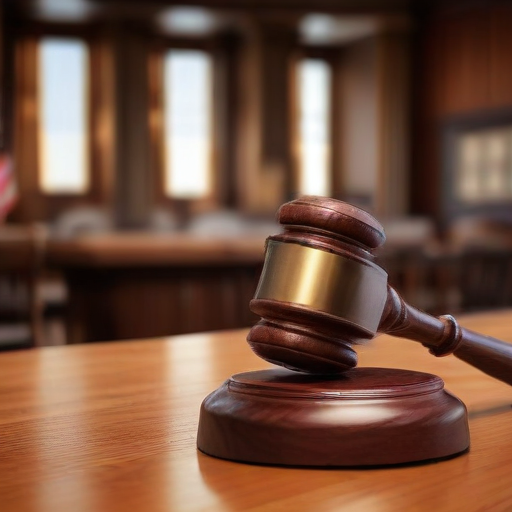President Joe Biden has taken significant steps in his efforts to promote justice and rehabilitation, issuing 39 presidential pardons and commuting nearly 1,500 sentences. This unprecedented action was described by the White House as the highest number of clemency acts granted in a single day, and it underscores Biden’s approach to criminal justice reform, particularly for non-violent offenders.
In his announcement, Biden stated that the individuals who received pardons had demonstrated successful rehabilitation and a commitment to enhancing their communities. The list of those pardoned includes a range of individuals, many of whom have made significant contributions to society after serving their sentences, such as veterans and community advocates. For example, one Virginia resident, convicted of drug offenses at age 21, went on to earn a university degree and serve honorably in the military, alongside volunteering for veteran support organizations.
The nearly 1,500 sentences that were commuted include those from individuals who were placed in home confinement due to the COVID-19 pandemic, as well as those whose sentences Biden considered excessively long due to outdated laws. He emphasized that many of these individuals had earned a second chance in life and exemplified the spirit of rehabilitation.
Among the notable cases included in the commuted sentences are those of Timothy McGinn, a former stockbroker convicted of defrauding clients, and Jimmy Dimora, a former county commissioner found guilty of accepting bribes. These decisions highlight the president’s willingness to reevaluate past convictions under a rehabilitative lens.
Biden’s actions also reflect his ongoing commitment to criminal justice reform, having previously issued pardons for simple marijuana possession and for military personnel who faced charges based on their sexual orientation. This latest wave of clemency comes amidst a complex backdrop of political implications, especially following Biden’s own decisions regarding his son, Hunter Biden, who has faced legal issues himself.
As the president’s term continues, he has hinted at more clemency measures to come, signaling an ongoing dedication to second chances in the justice system. This push for reform could potentially pave the way for a more equitable approach to criminal justice in the future.
Overall, Biden’s clemency actions illustrate his belief in the power of rehabilitation and redemption, emphasizing a hopeful narrative around the potential for change in individuals who have faced legal challenges. This could inspire a broader conversation on the importance of supporting reintegration into society and dismantling the stigma surrounding those with criminal records.
